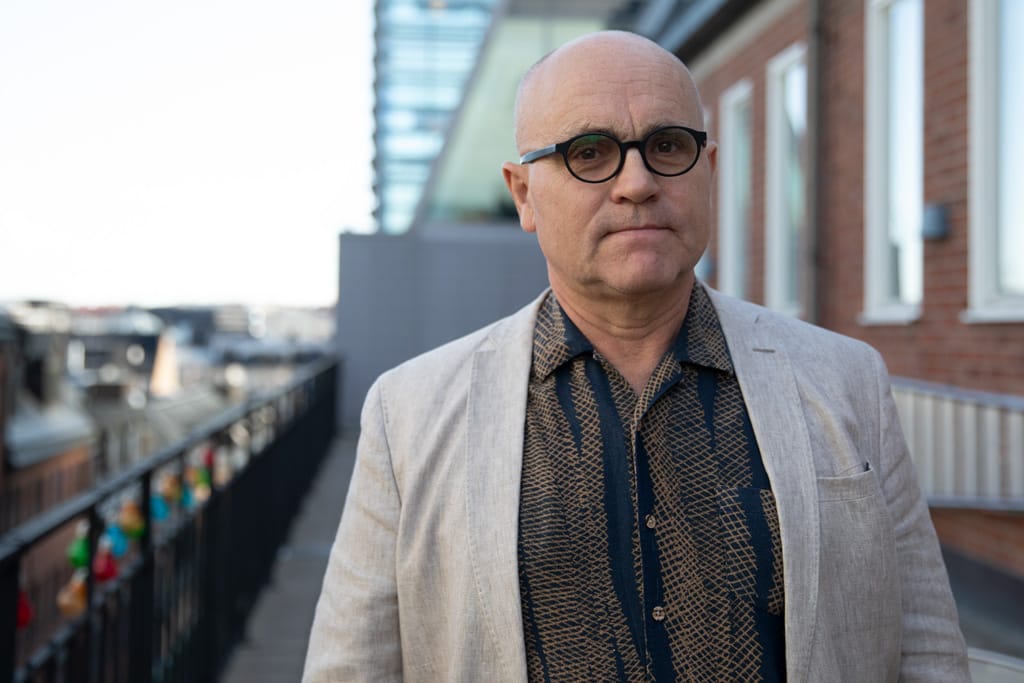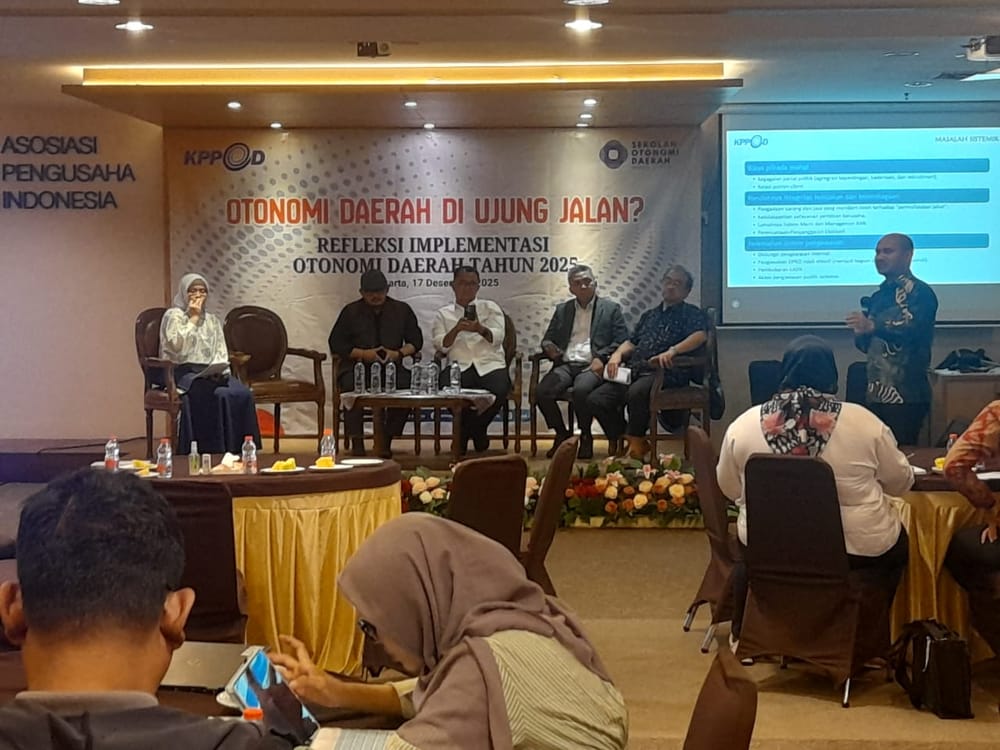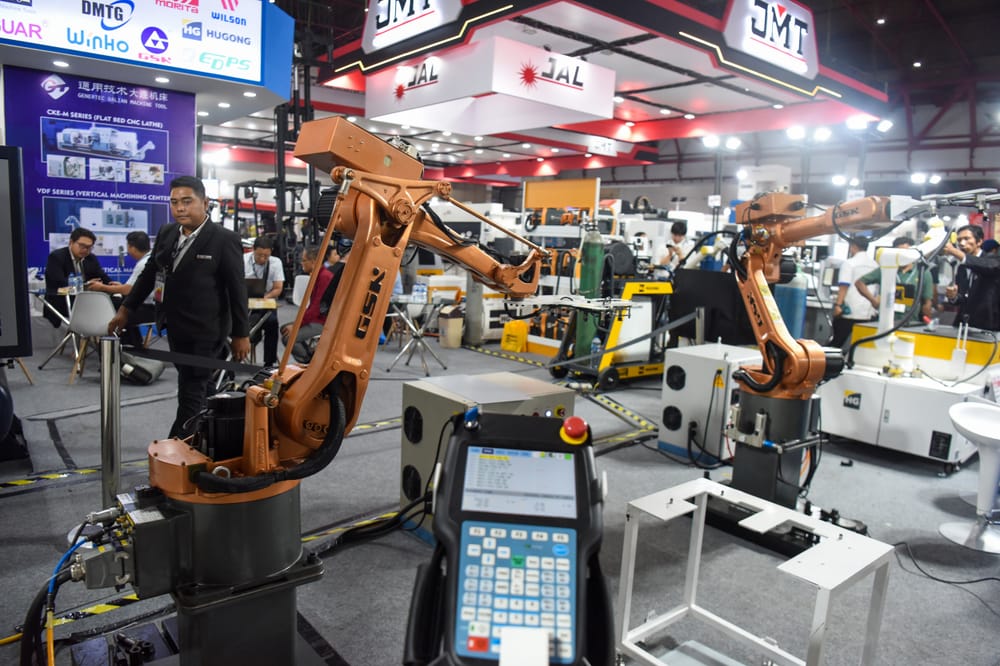SUAR Introduction:
The announcement of the Sveriges Riksbank Prize in Economic Sciences from the Swedish Academy, more familiarly called the Nobel Prize in Economics, on Monday, October 13, 2025, for Joel Mokyr, Philippe Aghion, and Peter Howitt, confirms the strategic value of innovation for economic growth. As an engine of growth, the business world is encouraged to make innovation an important part of their business processes.
Joel Mokyr (b. 1946) is a professor at Northwestern University, Illinois, United States, and the Eitan Berglas School of Economics, Tel Aviv University, Israel. He earned his doctorate from Yale University in 1974 and published the book The Lever of Riches: Technological Creativity and Economic Progress in 1990.
Philippe Aghion (b. 1956) is a professor at the College de France, INSEAD, Paris, France, and the London School of Economics and Political Science, England. He earned his doctorate from Harvard University in 1987.
Together with Peter Howitt (b. 1946), a professor at Brown University, he created a mathematical model of "creative destruction," a mechanism where new products resulting from innovation will defeat companies that sell old products. Innovation has a new and creative nature, but at the same time, it also defeats companies that do not change.
The SUAR editorial team had the opportunity to interview the Chairman of the 2025 Nobel Prize in Economics Committee and Professor of International Economics at Stockholm University, John Hassler, through written correspondence via email. The following is the complete interview of John Hassler by SUAR journalist, Chris Wibisana.
Professor Hassler, thank you for your willingness to answer this email. As Chairman of the Committee for the Nobel Prize in Economics, is there a historical background to this year's award?
In most of the historical journey of human civilization, you know, the standard of living did not have significant changes from one generation to the next. Sometimes, there were important technological discoveries that spurred sparks of growth. However, these important discoveries more often lost momentum in a short time and disappeared. As a result, civilization at that time considered stagnation to be normal.
Then, the industrial revolution changed all of that?
You are right. For approximately the last 200 years, that past of civilization has undergone massive changes and has gone very differently. The reason is that the industrial revolution and continuous technological innovation have created sustainable economic growth. Refinements take place very quickly by one discovery over another. This rapid movement has replaced the stagnation that was previously considered normal.
What do these refinements that you mentioned look like?
They are all around us. New drug formulations, safer vehicles, better quality food processing, more efficient ways to heat and light homes, the internet, and the opportunity to communicate with people who are increasingly far away, like this correspondence. These are just a small part of the dimensions of economic growth resulting from technological innovation.
To what extent have these aspects been successfully revealed by this year's Nobel Prize winners?
This year's Nobel Prize winners comprehensively explain the impact of innovation on economic growth. Through academic work, they revealed how technological innovation has fundamentally changed the course of human civilization over the last two centuries. The Committee assesses that the winners' works have succeeded in changing an important aspect of human civilization: change, and not stagnation, is the normality that we must accept.
How does this innovation impact the business world?
Good question. The works of this year's Nobel Prize winners explain how science, technology, and entrepreneurial activity become interconnected, instead of being separate and running on their own as before. The interconnectedness between these three components has also proven to mutually reinforce each other, and give each other strength to drive forward. This proof first occurred in England, and then was successfully passed on throughout the world.
In addition, are there any important aspects that the business world should pay attention to?
The works of this year's Nobel Prize winners underscore the importance of the role of an innovative business world in economic growth. Without innovation from the business world, stagnation will return to normal. The works of the winners also show the importance of openness for the public to be open in facing changes that come from these innovations.
Does this change require systemic support, such as from the state?
Of course. A system that is able to help overcome resistance to change is very much needed, and people who are left behind in the very fast process of change need to be accompanied to find new ways to participate in improving the productivity of society.
However, the system must also oversee and provide protection so that there are no companies that are too big, because they may have an interest in blocking new innovations that are better than new entrepreneurs who are still pioneering their way.





